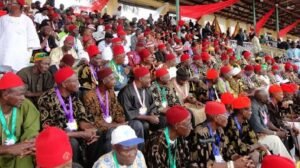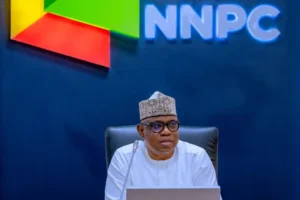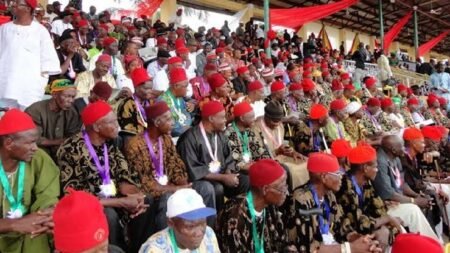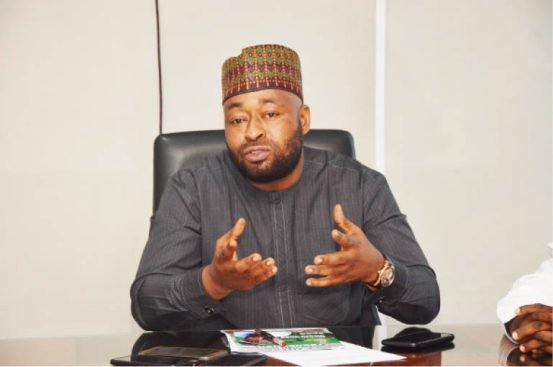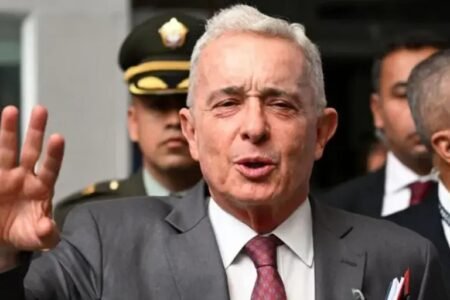The Socio-Economic Rights and Accountability Project, SERAP, has strongly criticised the level of accountability displayed by public officials in Nigeria, especially at the federal and state levels.
Speaking during an appearance on Channels Television’s Sunrise on Saturday, SERAP’s Deputy Director, Kolawole Oluwadare, condemned the wasteful use of public funds by many governors, describing it as a reflection of poor governance.
According to him, “The reality on the ground today is that most Nigerians perceive the governors as being profligate. It speaks to the level of poverty in Nigeria.”
He added that the President does not need international prompting to recognise this problem, stating, “And the President really doesn’t need the US government to say that before he knows that, and that is why he’s the C-in-C, and that is why he superintends over the governors.”
Oluwadare pointed to the structure of the country’s political system as part of the problem, explaining that “With the nature of federalism we practise, perhaps we call it the type of democracy we practise, the President has a lot of powers to influence the economy.”
The SERAP deputy director also emphasised that state governors have failed to live up to their responsibilities, particularly in fostering public trust and prioritising infrastructure. “And that is perhaps because the President has not done enough as well. And that speaks to the infrastructure deficit that we have all over the country,” he said. “That’s how you see governors will prioritise building big buildings at the expense of building infrastructure that will benefit the people.”
He noted that while the duties of public officials are clearly defined in the Constitution, a culture of impunity has deeply affected the nation’s institutions.
To restore public confidence and ensure effective governance, Oluwadare advocated a shift in focus from individuals to the office they occupy: “Public trust should rest on public office, not the occupier, to make the holder more accountable and promote good governance.”
